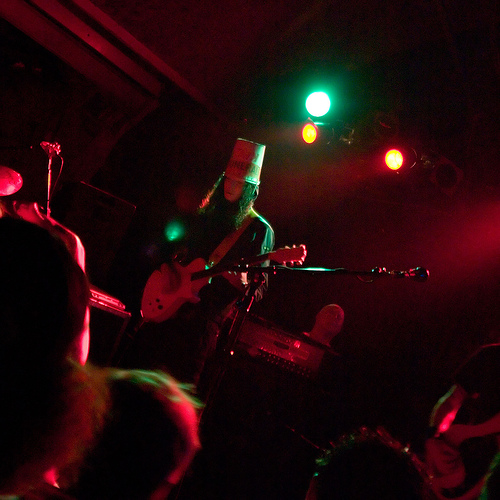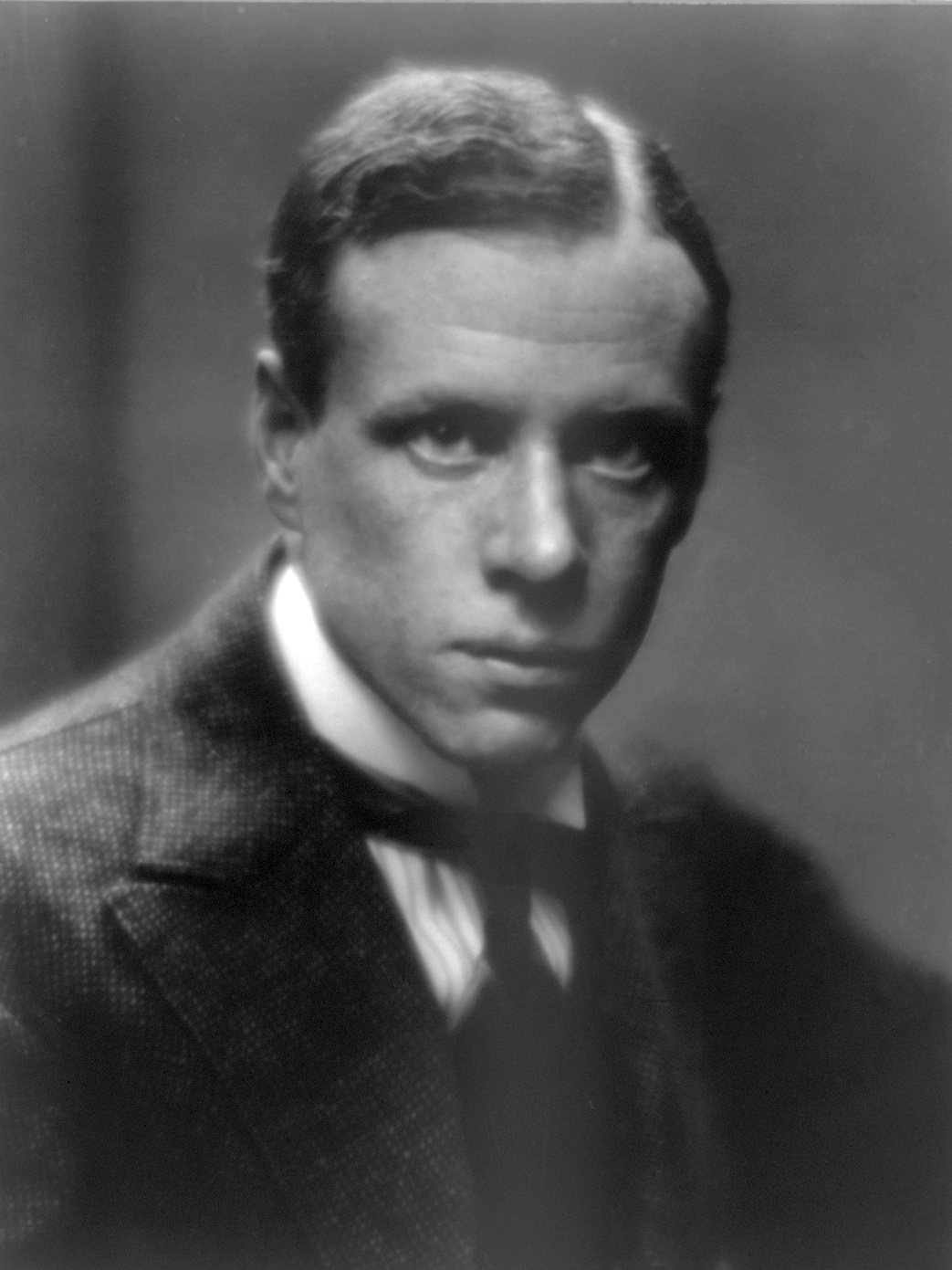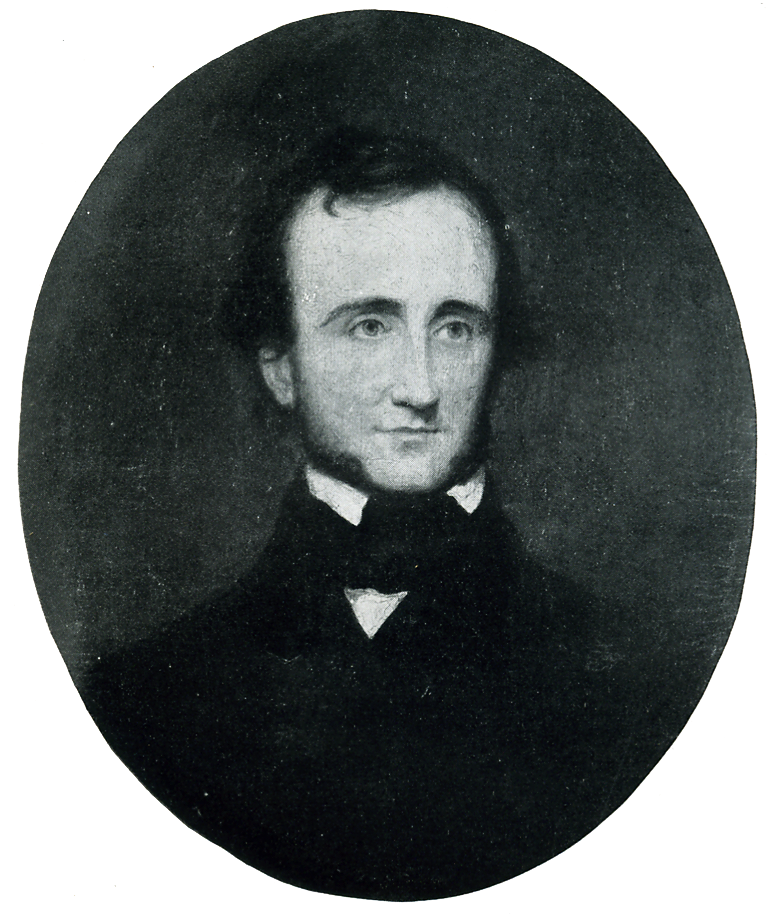|
Thanatopsis
"Thanatopsis" is an early poem by the American poet William Cullen Bryant. Meaning 'a consideration of death', the word is derived from the Greek 'thanatos' (death) and 'opsis' (view, sight). Background William Cullen Bryant was born in 1794 in Cummington, Massachusetts. Bryant grew up in a Puritan home with his father, Peter Bryant, a prominent doctor who provided him with much of his early education. In his early life Bryant would spend a great deal of time in the woods surrounding his family's New England home, and read of the extensive personal library his father had. Bryant's first published poem was "The Embargo; or, Sketches of the Times", a satirical work concerning Thomas Jefferson's Embargo Act of 1807. It was released in a Boston newspaper in 1808. In 1810 Bryant was forced to leave Williams College for lack of money. Instead of a formal education, he started studying law, and began learning an eclectic mix of poetry, such as the works of Isaac Watts and Henry Kirke Wh ... [...More Info...] [...Related Items...] OR: [Wikipedia] [Google] [Baidu] |
Buckethead
Brian Patrick Carroll (born May 13, 1969), known professionally as Buckethead, is an American guitarist, songwriter, and multi-instrumentalist. He has received critical acclaim for his innovative electric guitar playing. His music spans several genres, including progressive metal, funk, blues, bluegrass, ambient, and avant-garde music. He performs primarily as a solo artist, although he has collaborated with a wide variety of artists such as Bill Laswell, Bootsy Collins, Bernie Worrell, Iggy Pop, Les Claypool, Serj Tankian, Bill Moseley, Mike Patton, Viggo Mortensen, That 1 Guy, Bassnectar, and Skating Polly. He was also a member of Guns N' Roses from 2000 to 2004. He has recorded 325 studio albums, four special releases, and one EP. He has performed on more than fifty albums by other artists. Buckethead performs wearing a KFC bucket on his head, emblazoned with an orange bumper sticker reading ''FUNERAL'' in block letters, and an expressionless plain white mask inspire ... [...More Info...] [...Related Items...] OR: [Wikipedia] [Google] [Baidu] |
William Cullen Bryant
William Cullen Bryant (November 3, 1794 – June 12, 1878) was an American romantic poet, journalist, and long-time editor of the ''New York Evening Post''. Born in Massachusetts, he started his career as a lawyer but showed an interest in poetry early in his life. He soon relocated to New York and took up work as an editor at various newspapers. He became one of the most significant poets in early literary America and has been grouped among the fireside poets for his accessible, popular poetry. Biography Youth and education Bryant was born on November 3, 1794, in a log cabin near Cummington, Massachusetts; the home of his birth is today marked with a plaque. He was the second son of Peter Bryant (b. Aug. 12, 1767, d. Mar. 20, 1820), a doctor and later a state legislator, and Sarah Snell (b. Dec. 4, 1768, d. May 6, 1847). The genealogy of his mother traces back to passengers on the ''Mayflower'': John Alden (b. 1599, d. 1687), his wife Priscilla Mullins and her parents William a ... [...More Info...] [...Related Items...] OR: [Wikipedia] [Google] [Baidu] |
Main Street (novel)
''Main Street'' is a satirical novel written by Sinclair Lewis, and published in 1920. The story is set in the small town of Gopher Prairie, Minnesota, a fictionalized version of Sauk Centre, Minnesota, Lewis's hometown. The novel takes place in the 1910s, with references to the start of World War I, the United States' entry into the war, and the years following the end of the war, including the start of Prohibition. Satirizing small-town life, ''Main Street'' is perhaps Sinclair Lewis's most famous book, and led in part to his eventual 1930 Nobel Prize for Literature. It relates the life and struggles of Carol Milford Kennicott as she comes into conflict with the small-town mentality of the residents of Gopher Prairie. Highly acclaimed upon publication, ''Main Street'' remains a recognized American classic. Plot Carol Milford, the daughter of a judge, grew up in Mankato, Minnesota, and became an orphan in her teens. In college, she reads a book on village improvement in a soc ... [...More Info...] [...Related Items...] OR: [Wikipedia] [Google] [Baidu] |
Cummington, Massachusetts
Cummington is a town in Hampshire County, Massachusetts, United States. The population was 829 at the 2020 census, down from 872 at the 2010 census. It is part of the Springfield, Massachusetts Metropolitan Statistical Area. History Cummington was first settled in 1762 and was officially incorporated in 1779. It was named after Colonel John Cumings, the original landholder. The first Congregational Church minister was Rev. James Briggs (1743–1825) of Norton, Massachusetts, and a graduate of Yale College around 1775. Briggs was the son of Deacon James and Damaris (White) Briggs, and the husband of Anna Wiswall. Although a small town, several Revolutionary War patriots are buried there, including Nathaniel Holbrook, Seth Wilder Sr., and Seth Wilder Jr. Noted poet and newspaper editor William Cullen Bryant was born in Cummington, and returned for many years to summer in the town. His house is now preserved and open to the public as the William Cullen Bryant Homestead. The ... [...More Info...] [...Related Items...] OR: [Wikipedia] [Google] [Baidu] |
Beilby Porteus
Beilby Porteus (or Porteous; 8 May 1731 – 13 May 1809), successively Bishop of Chester and of London, was a Church of England reformer and a leading abolitionist in England. He was the first Anglican in a position of authority to seriously challenge the Church's position on slavery. Early life Porteus was born in York on 8 May 1731, the youngest of the 19 children of Elizabeth Jennings and Robert Porteus (''d''. 1758/9), a planter. Although the family was of Scottish ancestry, his parents were Virginian planters who had returned to England in 1720 as a result of the economic difficulties in the province and for the sake of his father's health. Educated at York and at Ripon Grammar School, he was a classics scholar at Christ's College, Cambridge, becoming a fellow in 1752. In 1759 he won the Seatonian Prize for his poem ''Death: A Poetical Essay'', a work for which he is still remembered. He was ordained as a priest in 1757, and in 1762 was appointed as domestic chaplain to ... [...More Info...] [...Related Items...] OR: [Wikipedia] [Google] [Baidu] |
Sinclair Lewis
Harry Sinclair Lewis (February 7, 1885 – January 10, 1951) was an American writer and playwright. In 1930, he became the first writer from the United States (and the first from the Americas) to receive the Nobel Prize in Literature, which was awarded "for his vigorous and graphic art of description and his ability to create, with wit and humor, new types of characters." He is best known for his novels '' Main Street'' (1920), '' Babbitt'' (1922), '' Arrowsmith'' (1925), ''Elmer Gantry'' (1927), '' Dodsworth'' (1929), and '' It Can't Happen Here'' (1935). His works are known for their critical views of American capitalism and materialism in the interwar period. He is also respected for his strong characterizations of modern working women. H. L. Mencken wrote of him, " fthere was ever a novelist among us with an authentic call to the trade ... it is this red-haired tornado from the Minnesota wilds." Early life Born February 7, 1885, in the village of Sauk Centre, Minnesota, ... [...More Info...] [...Related Items...] OR: [Wikipedia] [Google] [Baidu] |
Hannibal Lecter
Dr. Hannibal Lecter is a Character (arts), fictional character created by the novelist Thomas Harris. Lecter is a serial killer who Human cannibalism, eats his victims. Before his capture, he was a respected Forensic psychiatry, forensic psychiatrist; after his incarceration, he is consulted by Federal Bureau of Investigation, FBI agents Will Graham (character), Will Graham and Clarice Starling to help them find other serial killers. Lecter first appeared in a small role as a villain in Harris' 1981 thriller (genre), thriller novel ''Red Dragon (novel), Red Dragon'', which was adapted into the film Manhunter (film), ''Manhunter'' (1986), with Brian Cox (actor), Brian Cox as Lecter (spelled "Lecktor"). Lecter had a larger role in ''The Silence of the Lambs (novel), The Silence of the Lambs'' (1988); the The Silence of the Lambs (film), 1991 film adaptation starred Anthony Hopkins as Lecter, for which he won the Academy Award for Best Actor. Hopkins reprised the role for the Hanni ... [...More Info...] [...Related Items...] OR: [Wikipedia] [Google] [Baidu] |
Clarice Starling
Clarice M. Starling is a fictional character and protagonist of the novels '' The Silence of the Lambs'' (1988) and ''Hannibal'' (1999) by Thomas Harris. In the 1991 film adaptation of ''The Silence of the Lambs'', she was played by Jodie Foster, while in the 2001 film adaptation of ''Hannibal'', she was played by Julianne Moore. In the CBS television series ''Clarice'', she is played by Rebecca Breeds. Clarice Starling, as portrayed by Foster, is ranked by the American Film Institute as the greatest heroine in film history. ''Rolling Stone'' and ''Entertainment Weekly'' ranked Starling as one of the "50 Greatest Movie Protagonists" and "100 Greatest Movie Characters" respectively. Foster's interpretation of Starling is highly ranked amongst the greatest screen performances of all-time, receiving a multitude of accolades including the Academy Award for Best Actress in 1992. ''The Silence of the Lambs'' In ''The Silence of the Lambs'', Starling is a student at the FBI Academy. ... [...More Info...] [...Related Items...] OR: [Wikipedia] [Google] [Baidu] |
Thomas Harris
William Thomas Harris III (born 1940/1941) is an American writer, best known for a series of suspense novels about his most famous character, Hannibal Lecter. The majority of his works have been adapted into films and television, the most notable being '' The Silence of the Lambs'', which became only the third film in Academy Awards history to sweep the Oscars in major categories.Conklin 1999 Biography Harris was born in Jackson, Tennessee, but moved as a child with his family to Rich, Mississippi. He was introverted and bookish in grade school and then blossomed in high school. He attended Baylor University in Waco, Texas, where he majored in English and graduated in 1964. While in college, he worked as a reporter for the local newspaper, the ''Waco Tribune-Herald'', covering the police beat. In 1968, he moved to New York City to work for ''Associated Press'' until 1974 when he began work on his debut novel, '' Black Sunday''. Personal life Little is known about Harris' person ... [...More Info...] [...Related Items...] OR: [Wikipedia] [Google] [Baidu] |
The Silence Of The Lambs (novel)
''The Silence of the Lambs'' is a psychological horror novel by Thomas Harris. First published in 1988, it is the sequel to Harris's 1981 novel '' Red Dragon''. Both novels feature the cannibalistic serial killer Dr. Hannibal Lecter, this time pitted against FBI Special Agent Clarice Starling. Its film adaptation directed by Jonathan Demme was released in 1991 to widespread critical acclaim and box office success. It won the Academy Award for Best Picture. Synopsis Clarice Starling, a young FBI trainee, is asked to carry out an errand by Jack Crawford, the head of the FBI division that draws up psychological profiles of serial killers. Starling is to present a questionnaire to the brilliant forensic psychiatrist and cannibalistic serial killer, Hannibal Lecter. Lecter is serving nine consecutive life sentences in a Maryland mental institution for a series of murders. Crawford's real intention, however, is to try to solicit Lecter's assistance in the hunt for a serial kill ... [...More Info...] [...Related Items...] OR: [Wikipedia] [Google] [Baidu] |
1922 Modern Beacon Theatres BostonGlobe 14April
Nineteen or 19 may refer to: * 19 (number), the natural number following 18 and preceding 20 * one of the years 19 BC, AD 19, 1919, 2019 Films * ''19'' (film), a 2001 Japanese film * ''Nineteen'' (film), a 1987 science fiction film Music * 19 (band), a Japanese pop music duo Albums * ''19'' (Adele album), 2008 * ''19'', a 2003 album by Alsou * ''19'', a 2006 album by Evan Yo * ''19'', a 2018 album by MHD * ''19'', one half of the double album ''63/19'' by Kool A.D. * ''Number Nineteen'', a 1971 album by American jazz pianist Mal Waldron * ''XIX'' (EP), a 2019 EP by 1the9 Songs * "19" (song), a 1985 song by British musician Paul Hardcastle. * "Nineteen", a song by Bad4Good from the 1992 album '' Refugee'' * "Nineteen", a song by Karma to Burn from the 2001 album ''Almost Heathen''. * "Nineteen" (song), a 2007 song by American singer Billy Ray Cyrus. * "Nineteen", a song by Tegan and Sara from the 2007 album '' The Con''. * "XIX" (song), a 2014 song by Slipknot. ... [...More Info...] [...Related Items...] OR: [Wikipedia] [Google] [Baidu] |
Thomas Holley Chivers
Thomas Holley Chivers (October 18, 1809 – December 18, 1858) was an American doctor-turned-poet from the state of Georgia. He is best known for his friendship with Edgar Allan Poe and his controversial defense of the poet after his death. Born into a wealthy Georgia family, Chivers became interested in poetry at a young age. After he and his first wife separated, he received a medical degree from Transylvania University but focused his energy on publishing rather than medicine. In addition to submitting poems to various magazines and journals, Chivers published several volumes of poetry, including ''The Lost Pleiad'' in 1845, as well as plays. Edgar Allan Poe showed an interest in him and encouraged his work. Chivers spent the last few years of his life defending the reputation of Poe, who had died in 1849, though he also thought Poe had been heavily influenced by his own poetry. Chivers died in Georgia in 1858. As a literary theorist, Chivers believed in divine inspiration. ... [...More Info...] [...Related Items...] OR: [Wikipedia] [Google] [Baidu] |






